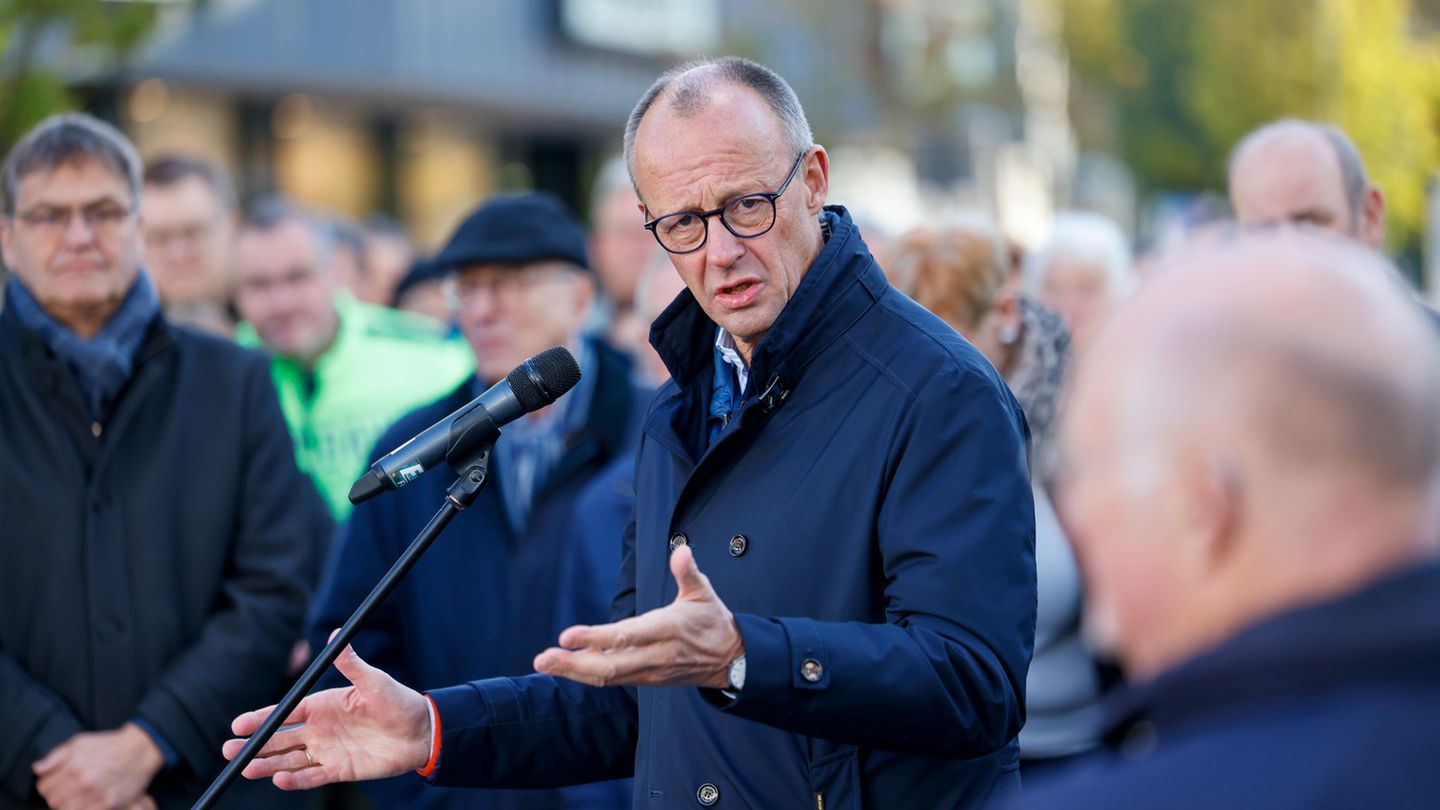The sum was influenced by the agreed increases in many items of the Fair Prices program, which instead of the 15th of the month took place on the 1st of the month.
It should be noted that the Government’s weekly inflation that was published last Friday was 2.2%. “Inflation is still very high, but clearly lower than during the worst weeks of August,” Gabriel Rubinstein mentioned at the time.
Depositphotos
According to the weekly survey carried out by the Secretariat of Economic Policy on the inflation, led by Gabriel Rubinstein, in the week from October 20 to November 5, retail prices would have risen “2.3%.”
The content you want to access is exclusive to subscribers.
In this index, they stand out for being higher than the average (2.3%), Warehouse Foods and Beverages (2.4%), Fruits (2.4%), Meats (3.8%) and Regulated Foods, which recorded the highest increase with 4.1%. On the contrary, below the average they rose: clothing (1.7%) and Vegetables (0.6%).


According to the index Rubenstein, the weekly sum was influenced by the agreed increases in many items of the Fair Prices program, which instead of the 15th of the month took place on the 1st of the month. Likewise, iImpacted updates in the prices of regulated items that usually take place during the first week of the monthsuch as fuel, prepaid, telecommunications and regulated public services in some cities in the interior of the country.
“More generally, we must consider the effects that have been experienced due to increases in inputs and exportable goods, based on the possibility of liquidating a part of external sales (30%) in the dollar marking used by companies (CCL),” warns the official text.
It should be noted that the Government’s weekly inflation that was published last Friday was 2.2%. “Inflation is still very high, but clearly lower than during the worst weeks of August,” Gabriel Rubinstein mentioned at the time.
“After the August peaks of around 15% in the accumulated 4 weeks, registrations have decreased, registering a minimum of 7.8% on 10/8/2023. Since then, The accumulated 4-week registrations have increased, placing the data as of 11/5/2023 at a value of 9.2%”, highlights the report of this Friday, November 10.
Inflation: what the private sector says
This week the October inflation rate for the City of Buenos Aires was released, which marked a decrease at 9.4%. Thus, in the first ten months of the year This indicator accumulated a rise of 120.2%. On the other hand, in relation to same month last yearthe variation was 146.4%.
This indicator is usually a thermometer of the data that will be known on November 13 and that will be announced by INDEC, so in line with the main consulting firms, Inflation is expected to be around 10%.
Source: Ambito




